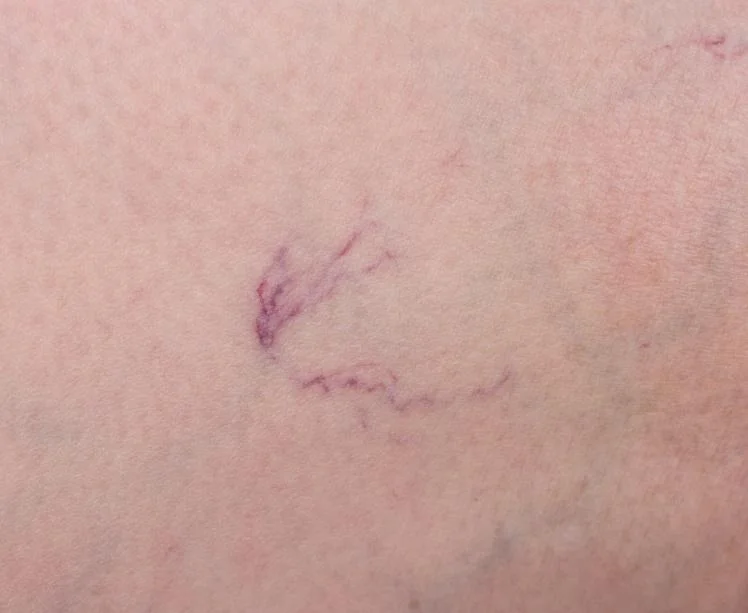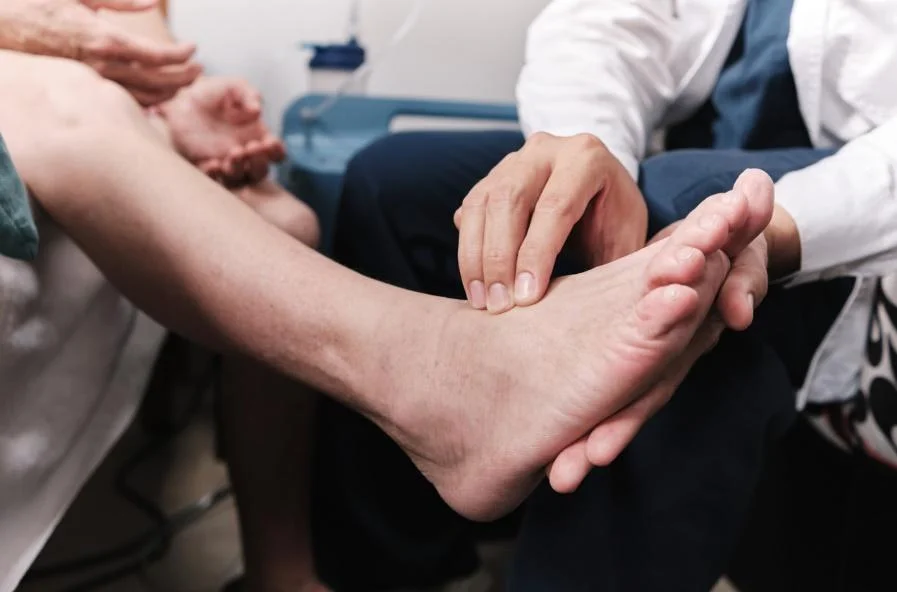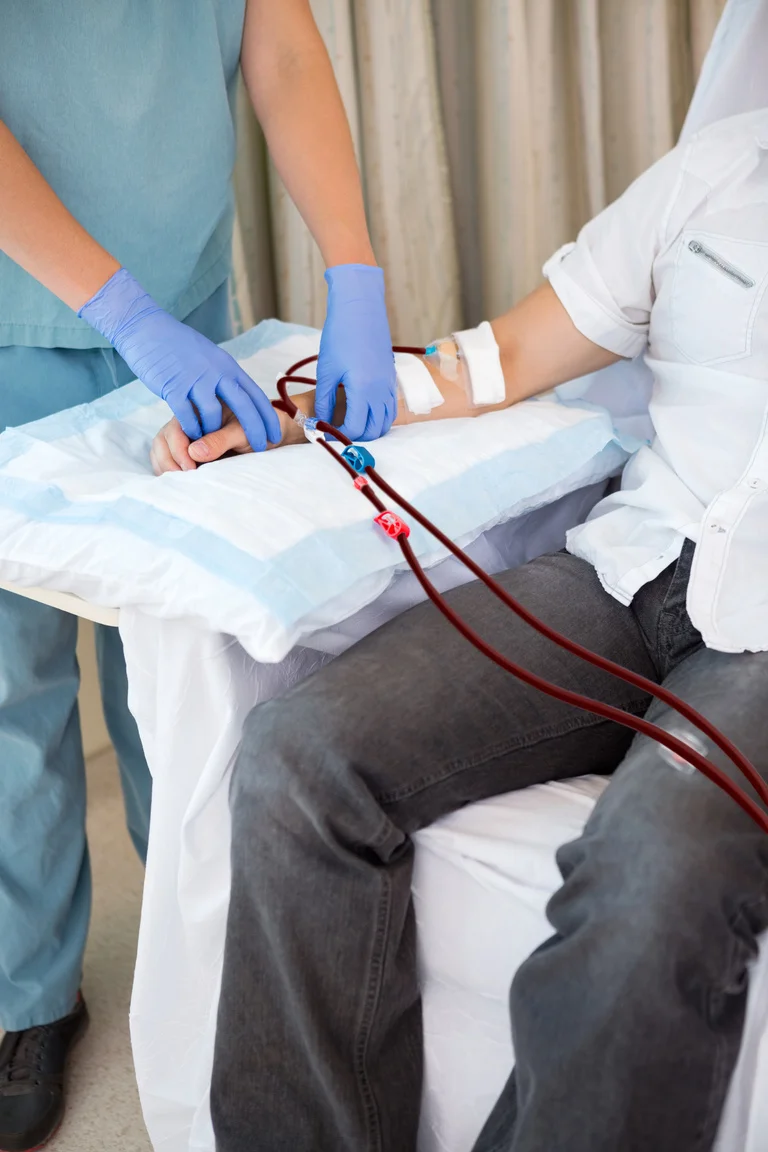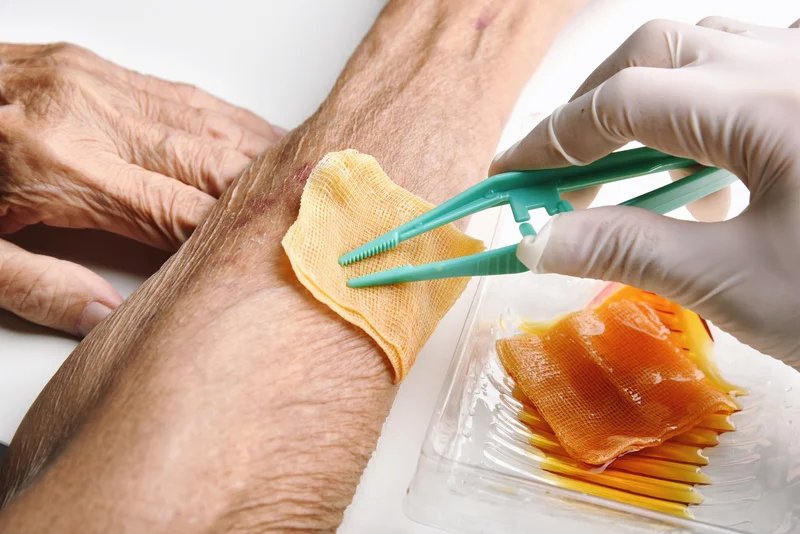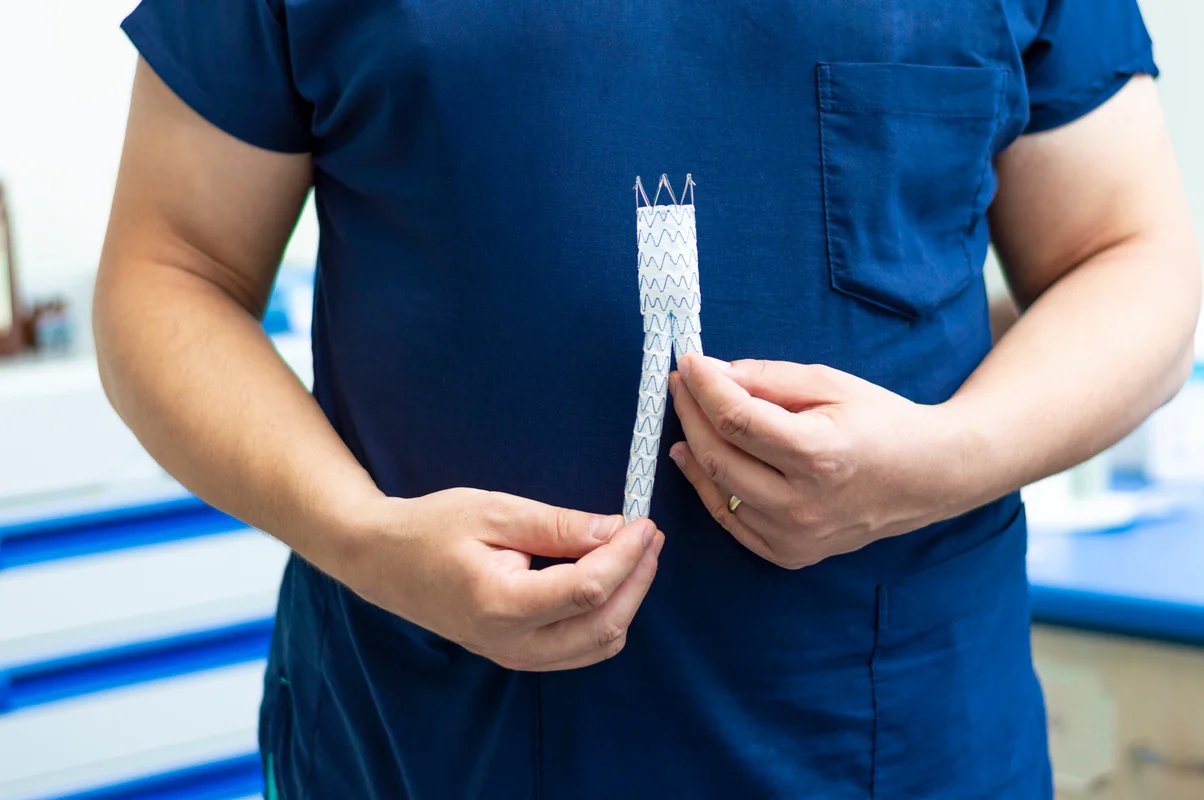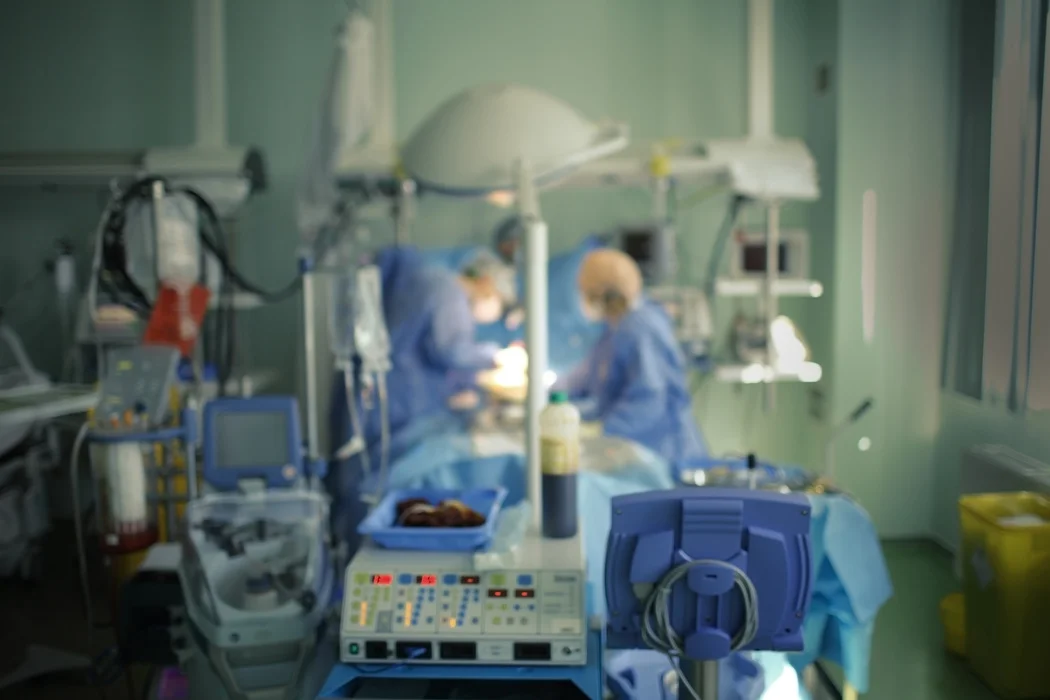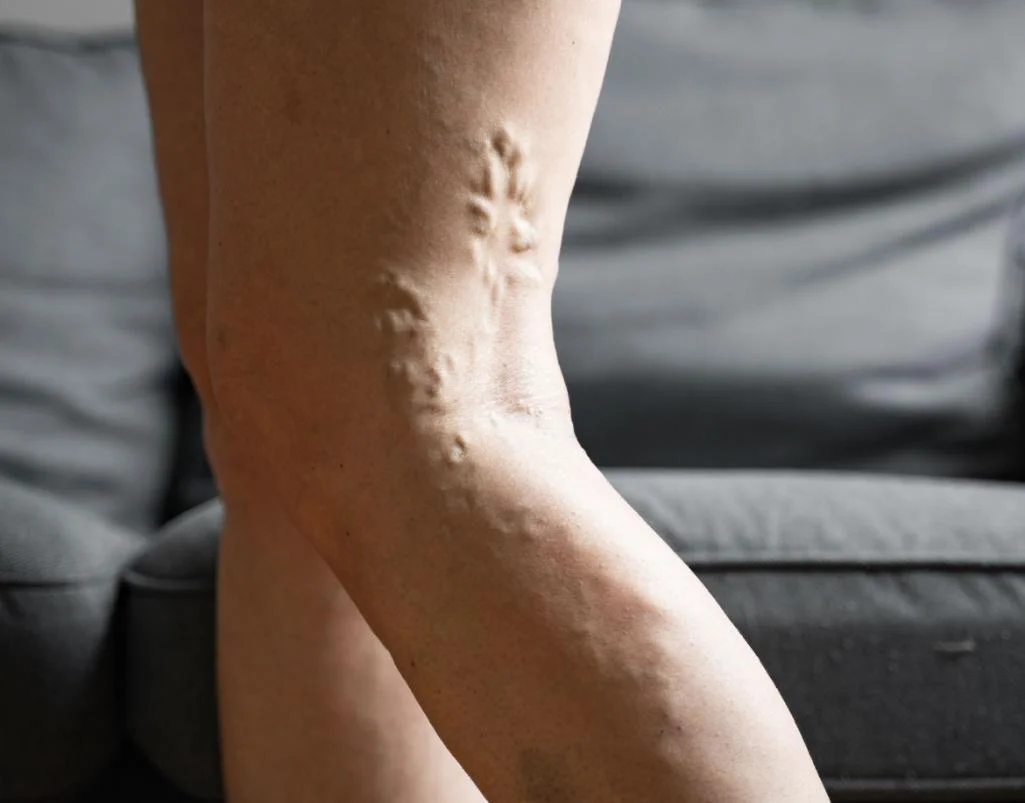
Vascular Surgeon for Venous Reflux
Venous reflux, also known as chronic venous insufficiency (CVI), occurs when the valves in your veins don’t function properly, allowing blood to flow backward and pool in the legs. This can lead to symptoms such as leg swelling, aching, heaviness, or visible varicose veins. A vascular surgeon for venous reflux is the right specialist to consult because they have the expertise to diagnose the condition accurately and provide effective treatment options that improve both circulation and quality of life.
Why See a Vascular Surgeon for Venous Reflux?
While other doctors may address vein issues, vascular surgeons bring comprehensive training in the entire vascular system, enabling them to:
- Confirm venous reflux using diagnostic imaging like duplex ultrasound.
- Develop tailored treatment plans that address the root cause of reflux.
- Provide both conservative care and advanced surgical options.
- Manage complications such as ulcers, clots, or severe swelling.
This ensures you receive care that targets the underlying problem, not just the symptoms.
Diagnosis: The Role of Duplex Ultrasound
A duplex ultrasound is the gold standard for diagnosing venous reflux. It helps the vascular surgeon to:
- Assess how blood flows through the veins.
- Identify faulty valves causing backward flow.
- Determine which veins need treatment and which remain healthy.
Accurate imaging is key to avoiding unnecessary procedures and creating a precise treatment plan.
Treatment Options for Venous Reflux
A vascular surgeon may recommend a combination of conservative and interventional treatments, depending on the severity of your condition:
- Conservative care—compression stockings, leg elevation, and lifestyle changes.
- Minimally invasive procedures—
- Endovenous ablation (radiofrequency or laser) to close diseased veins.
- Sclerotherapy to seal smaller refluxing veins.
- Surgical procedures—vein ligation or bypass in complex cases.
Most minimally invasive procedures are outpatient treatments with short recovery times.
When to Seek Help for Venous Reflux
Consider visiting a vascular surgeon if you experience:
- Persistent leg swelling or heaviness.
- Painful, bulging, or varicose veins.
- Skin changes near the ankles, such as thickening or discoloration.
- Non-healing leg ulcers.
Early treatment can help prevent complications and improve long-term vein health.
Final Thoughts
If you suspect venous reflux, consulting a vascular surgeon is the best way to get an accurate diagnosis and comprehensive treatment. With tools like duplex ultrasound and advanced procedures such as ablation or sclerotherapy, vascular surgeons provide solutions that restore healthy blood flow and reduce symptoms of chronic venous insufficiency.
Frequently Asked Questions
1. What kind of doctor treats venous reflux?
A vascular surgeon or vascular specialist is the right doctor for venous reflux. They are trained to diagnose and treat conditions that affect blood flow in the veins and arteries, including chronic venous insufficiency.
2. Is venous reflux the same as varicose veins?
They’re closely related. Venous reflux (or chronic venous insufficiency) is the underlying cause of varicose veins. It occurs when vein valves fail to close properly, causing blood to pool and veins to bulge.
3. How is venous reflux diagnosed?
Diagnosis is typically done using a duplex ultrasound, a non-invasive test that measures how blood flows through your veins and detects faulty valves or refluxing veins.
4. What treatments are available for venous reflux?
Treatments include compression therapy, endovenous ablation (radiofrequency or laser), sclerotherapy, and in severe cases, vein ligation or bypass surgery. Most are outpatient procedures with quick recovery.
5. Can venous reflux be cured permanently?
While vein damage cannot be reversed, treatment can eliminate symptoms and prevent new refluxing veins from forming. Regular follow-ups with a vascular surgeon help maintain long-term results.
6. What happens if venous reflux is not treated?
Untreated venous reflux can progress to chronic leg swelling, skin thickening, ulcers, or painful varicose veins. Early intervention prevents complications and restores healthy blood flow.

Take the First Step Towards Vascular Health Today!
Are you ready to transform your vascular health with expert care and cutting-edge treatments?
Dr. Darryl Lim and his dedicated team are committed to providing personalized, compassionate care. Whether you’re dealing with varicose veins, peripheral artery disease, or other vascular conditions, Dr. Lim’s expertise and innovative approach ensure you receive the best possible outcomes.
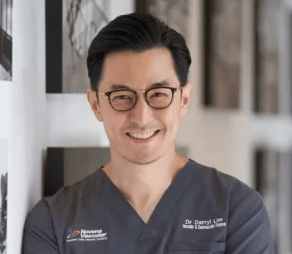
Dr. Darryl Lim is a Senior Consultant Vascular and Endovascular Surgeon at the Novena Vascular and Varicose Vein Centre in Singapore. Before this role, he served as the Director of the Vascular Unit at Changi General Hospital and as a Service Chief at the Singhealth-Duke NUS Vascular Centre. Under his tenure, Changi General Hospital’s Vascular Unit was recognized as a regional centre of excellence.
Dr. Lim has a strong commitment to training emerging interventionalists and enhancing the capabilities of vascular units in Southeast Asia. He is regularly invited to travel to regional units to conduct live case workshops and to speak at international conferences.

